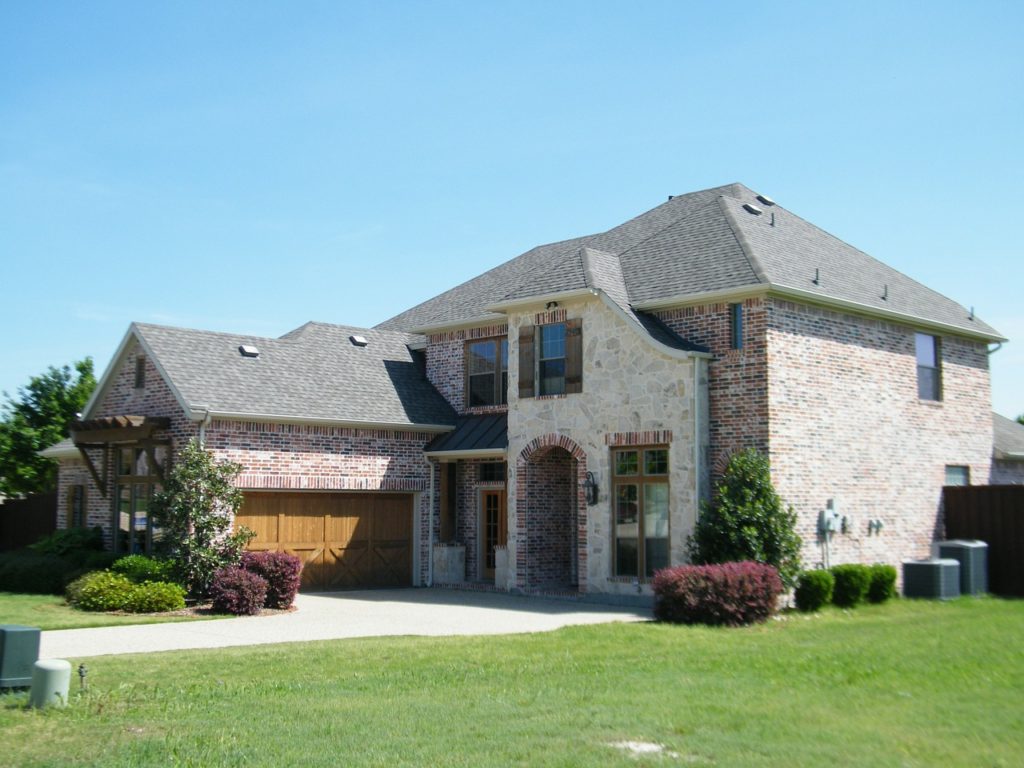Buying
Buying
Knowing your true budget is very the important before buying a home. To buy a home, you need a down payment. You also need money to pay for the upfront costs.
Cost of buying a home = One time costs + Monthly costs
One time costs: down payment, legal fees, inspection fees, taxes
Monthly costs: mortgage, utilities, maintenance, insurance, property taxes
How much will a bank lend you?
will depends on how much you can afford each month. This is determined using two lending principals.
The first lending principle is that your monthly housing cost should not exceed 32% of your gross monthly family income. This principle is known as the Gross Debt Service (GDS) ratio calculation.
The second lending principle used, the Total Debt Service (TDS ) ratio calculation, is that your monthly housing cost and payments on all of your other debts (including loans, credit card and lease payments) should not exceed 40% of your gross monthly income


First, decide where you want to live
Urban – The big city. Sure the prices are generally higher, but you can walk to a restaurant, maybe even to work. You’ll also have the widest range of housing options.
Suburban -Newer schools, newer shopping centers, bigger yards, bigger homes, no wonder so many people love the suburbs. But if you work in the city, be prepared for lots of rush hour traffic. It’s a packaged deal.
Smaller Cities and Towns – There are many wonderful self-contained communities, and compared to the big city, you can save a bundle.
Rural -If you like the idea of owning land, how about a few acres all to yourself? Seclusion is not for everybody, but for some, it’s heaven.
Next decide what type of home you want
By now, you probably have a good idea of what type of home is right for you. To familiarize you with the terminology, here’s a quick overview:
Single-family detached : As the name implies, the home is not attached to the home next door. Styles range from a single-story suburban bungalow, to a three-story Victorian.
Semi-detached or linked: Two houses that share a common wall. Typically less money than a fully detached home.
Duplex or Triplex: A two-storey or three-storey home, with each floor belonging to a separate family. Separate entrances are most common.
Town house: Also known as terrace or row housing. Several homes with a common style joined in a row. They usually share walls on both sides. May come with a monthly maintenance fee.
Condo: An upscale version of an apartment. Usually located in high-rise buildings with access to common elements. Maintenance fees usually apply. Condos also make a great first home purchase because they’re often thousands of dollars less than a detached home.

F.A.Q.
These are most popular questions but if you have other question
please contact me.
Purchasers in most large Canadian cities can add Land Transfer Taxes to their list of closing costs. land transfer taxes (or property purchase tax) are part of the deal. These taxes, levied on properties that are changing hands, are the responsibility of the purchaser.
The following chart illustrates Ontario Land Transfer Taxes.
Land Transfer Tax
Up to $55,000 X 0.5% of total purchase price
From $55,000 to $250,000 X 1% of total purchase price
From $250,000 to $400,000 X 1.5% of total purchase price
From $400,000 up X 2% of total purchase price
Title insurance is protection against loss arising from problems connected to the title of your property. Before you purchased your home, it may have gone through several ownership changes, and the land on which it stands went through many more. There may be a weak link at any point in that chain that could emerge to cause trouble. For example, someone along the way may have forged a signature in transferring title. Or there may be unpaid real estate taxes or other liens. Title insurance covers the insured party for any claims and legal fees that arise out of such problems.
Title Insurance is required if you need a mortgage, because all mortgage lenders require such protection for an amount equal to the loan. It lasts until the loan is repaid. As with mortgage insurance, it protects the lender but you pay the premium, which is a single-payment made upfront.
Title insurance policies can be issued in favour of a purchaser (on new/resale homes, condos and vacation properties), a lender, or both the purchaser and lender.
Some of the risks that are frequently covered under a title insurance policy include: survey irregularities; forced removal of existing structures; claims due to fraud, forgery or duress; unregistered easements and rights of-way; lack of pedestrian or vehicular access to the property; work orders; zoning and set back non-compliance or deficiencies; etc.
